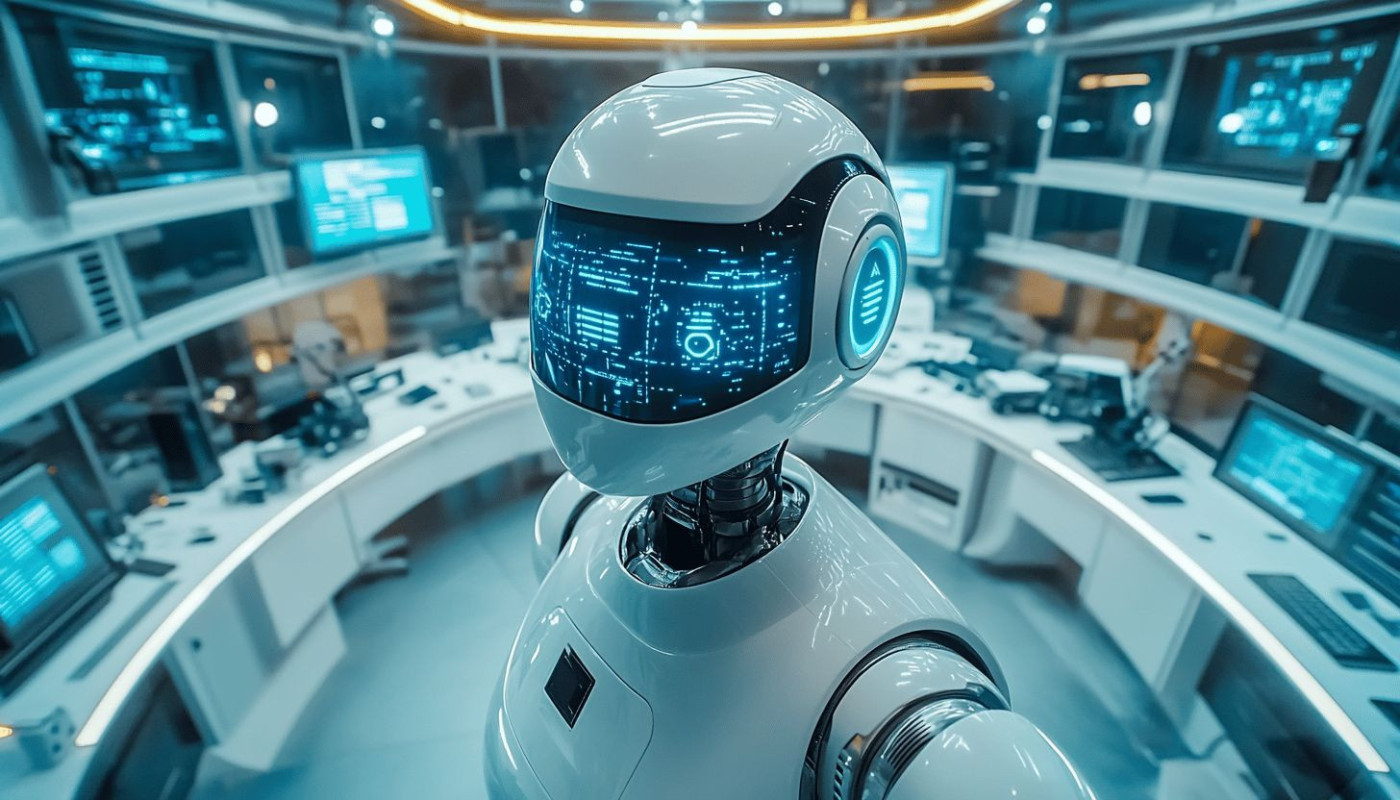Table of contents
The advent of AI-driven chatbots heralds a new era of industrial efficiency, promising transformative changes in how businesses operate and interact with their customers. As these intelligent assistants become increasingly sophisticated, they hold the potential to streamline operations, reduce costs, and enhance customer experiences. This exploration into the future impacts of AI-driven chatbots will uncover the myriad ways they might elevate industry standards and practices. Delve into the following sections to discover how this technological marvel is poised to reshape the business landscape.
Revolutionizing Customer Service
The advent of AI-driven chatbots is set to profoundly transform the realm of customer service. With the integration of Natural Language Processing (NLP), these sophisticated tools can understand and respond to customer queries with an unprecedented level of personalization. This shift toward AI automation promises to greatly enhance the customer experience by providing 24/7 support—an invaluable asset in our ever-connected world. Not only do customers reap the benefits of receiving immediate assistance at any hour, but businesses also capitalize on the service scalability that chatbots offer.
Whereas traditional customer service models are limited by the number of human agents available, AI chatbots can handle a substantially higher volume of requests without compromising quality. This means that during peak times or unexpected surges in customer support needs, businesses can maintain a consistent level of personalized service without the need to scale human resources. This efficiency not only streamlines operations but also ensures that each customer feels heard and valued, fostering a stronger relationship between the consumer and the company. From the perspective of a Customer Service Director, the strategic deployment of AI chatbots represents a transformative step forward in optimizing the efficiency and effectiveness of customer service operations.
Optimizing Internal Workflows
The advent of AI-driven chatbots has begun to transform internal business processes, marking a significant leap in business process automation. By undertaking routine tasks that once consumed copious amounts of time, these intelligent systems free employees to focus on complex issues, thereby enhancing employee productivity. Tasks once prone to human error are now streamlined through task automation, ensuring accuracy and efficiency in daily operations. Inquiries related to HR, IT support, or policy clarifications can be rapidly handled by chatbots, providing instant support and reducing downtime. Moreover, with the implementation of Machine Learning (ML), chatbots are becoming more adept at understanding and responding to intricate queries, leading to continuous improvements in their problem-solving capabilities. This has a profound effect on interdepartmental communication, as chatbots can serve as conduits for information sharing, breaking down silos and fostering a more cohesive working environment. As a result, workflow optimization is realized, with a noticeable impact on the bottom line. A Chief Operations Officer would recognize the pivotal role of AI chatbots in these enhancements, acknowledging their growing importance in shaping a resilient and adaptive industry landscape.
Enhancing Data Analysis and Decision-Making
The integration of AI-driven chatbots with big data analytics marks a transformative leap in how industries approach informed decision-making. Chatbots are increasingly becoming pivotal in extracting data-driven insights from the vast repositories of unstructured data. By systematically gathering, sorting, and analyzing information, these intelligent systems facilitate real-time analysis, allowing businesses to respond to market dynamics with agility. Especially in the realm of Predictive Analytics, chatbots can sift through historical data to forecast future trends, thereby informing strategic planning. This not only streamlines operations but also equips a Data Scientist or Chief Data Officer with advanced tools to make evidence-based decisions. For a deeper understanding of the transformative capabilities of GPT-driven chatbots in this domain, you may want to see this page.
Transforming Sales and Marketing Strategies
The integration of AI-driven chatbots into sales and marketing strategies marks a significant shift in how businesses approach lead generation and customer engagement. These sophisticated chatbots facilitate conversational commerce—an innovative intersection of messaging apps, shopping, and customer service—enabling companies to personalize interactions at scale. By employing advanced algorithms, chatbots can efficiently segment customers based on their interactions and behaviors, leading to more targeted marketing efforts. As a result, businesses can tailor their communications with unprecedented precision, vastly improving conversion rates. Furthermore, chatbots excel in identifying upselling strategies by analyzing customer data and predicting additional needs or interests. This enhanced capability ensures that marketing teams can proactively offer relevant products or services, fortifying customer relationships and driving revenue growth.
Challenges and Ethical Considerations
The integration of AI-driven chatbots into various industries heralds significant efficiency gains but also introduces several complex challenges. Privacy concerns rise to the forefront as these intelligent systems handle vast amounts of sensitive data, making it paramount to safeguard against breaches and misuse. The specter of job displacement looms as well, with AI's potential to automate tasks traditionally performed by humans stirring anxieties about future employment landscapes. Beyond these practical hurdles, the ethical use of AI poses profound questions, emphasizing the need for stringent ethical guidelines to navigate the moral implications of this burgeoning technology. The responsible AI adoption hinges on addressing these issues head-on, ensuring that the benefits of AI do not come at an unacceptable social cost. Executives, particularly those like a Chief Ethics Officer or a head of Corporate Social Responsibility, carry the weighty responsibility of steering this course. As the conversation evolves, so does the anticipation of Artificial General Intelligence (AGI), a technical concept representing AI with human-like cognitive abilities, making the establishment of robust ethical frameworks not just timely but indispensable.
Similar










